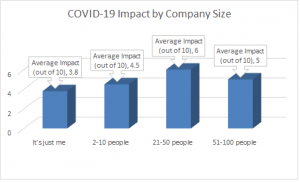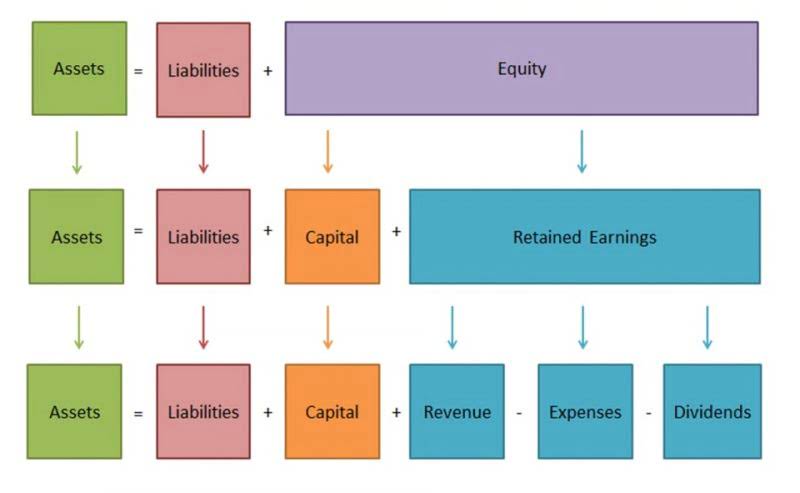Bookkeeper vs Tax Preparer

For a clearer understanding of the distinctions between bookkeeping and accounting, refer to the comparison table below, which highlights their primary differences. Because of this experience SBC is able to offer extensive knowledge and a wealth of additional information for your business that goes beyond what other bookkeepers are able to provide. Most of what we do is hold people accountable for the growth of their business by giving them the numbers they need and helping them analyze them.
Why Bookkeeping Services Matter for Your Business
Keep in mind, if the same firm doing your taxes is doing your bookkeeping—there is a high chance of human error and this can create a conflict of interest. Most business owners are kept busy with the day-to-day operations of running and growing their companies. While they do their work because they are passionate about it, not every aspect of being a proprietor is pleasant. A CPA’s main differentiator is the ability to attest an audit, which means it affirms to the IRS that financial statements are truthful. While this question depends on each circumstance, the primary benefits of using a tax professional will always be time savings and improved accuracy. Individuals with more complicated tax needs will obviously benefit more from hiring someone to do their taxes, but everyone will benefit to some extent.
How Does a Bookkeeper Manage Financial Transactions?

Based in Brampton, Ontario, Canada, Shanel offers expertise in tax preparation, financial accounting, and advisory services. A certified QBO Pro Advisor, Shanel’s decade-long experience and knowledge make her a trusted figure in the accounting field. A tax accounting, or tax preparer, is not, by definition, a CPA (Certified Public Accountant) or tax preparer vs cpa a CB (Certified Bookkeeper). In fact, some training to become a tax preparer may involve nothing more than a course that lasts a few weeks in the evenings. Some tax accountants are CPAs—you can expect to pay a lot more for their services.
Bookkeeper vs Tax Preparer: Who Should You Hire First As A Startup Founder?

Look for someone who has a proven track record of accomplishment in their field and who can provide references from other satisfied clients. And not only that, choose someone who you feel comfortable with and who shares QuickBooks your values and goals for your business. Small Business Trends is an award-winning online publication for small business owners, entrepreneurs and the people who interact with them.

Thus, let’s quickly go over the differences between a bookkeeper and a tax preparer. Creating an environment where bookkeepers and accountants work in tandem can significantly impact your business’s financial health. If strategic financial planning is what you’re after, an accountant might be the better choice. One pivotal distinction between the two roles is that accountants typically prepare and analyze financial statements, which can offer valuable insights. Accountants are skilled professionals who prepare a diverse range of Partnership Accounting financial statements to provide a comprehensive view of a company’s financial health.

- While there are distinctions between bookkeeping and accounting, one of the most pronounced is in the educational requirements.
- Ultimately, accounting gives stakeholders a better understanding and broader perspective of the raw data meticulously recorded by bookkeeping, transforming numbers into actionable business strategies.
- Our team of experts is equipped to handle the complexities of both processes, allowing you to focus on growing your business while we take care of your financial and compliance needs.
- The result is a trusted partnership-approach to financing current needs and future goals throughout the lifecycle of your business or career.
- Becoming a certified enrolled agent is the highest credential awarded by the IRS.
- A smart move would be to hire a bookkeeper first to lay the groundwork for a sound financial structure, and then, when your financial situation becomes more complex, that’s when you bring in a tax preparer.
What kind of bookkeeper or tax preparer you require will depend on your particular demands as a business. A bookkeeper may assist you in becoming organised and maintaining your financial records if you are just starting out and need assistance keeping track of your finances. In case your firm is more established, and you require assistance with tax planning and strategy, hiring a tax preparer could be the best option. Tax preparation is a growing profession and brings a valuable and essential service to the community. On the other hand, bookkeeping, in simple words, is the handling of day-to-day financial transactions. A tax preparer handles your business’s taxes, making sure everything follows the law and that you get the most out of deductions and credits.
Cultivating a Data-Driven Culture
Ensuring that your bookkeeper is able to reach out to your CPA with questions will be a huge help during tax season. An accountant will help you learn how your business is trending financially and will tell you whether you’re profiting or actually losing money. They’ll take the information a bookkeeper provides and look at it with an eagle’s perspective (thousand-foot view) to see the whole picture. They discover patterns in your finances and can recommend different courses of action and adjustments based on what’s working well and what isn’t. If you don’t have bookkeeping in place, your business will be running blind. You won’t have the numbers you need to make strategic decisions throughout the year.
- A bookkeeper is an in-house employee or third-party contractor that businesses use to manage their operational finances, such as accounts payable, accounts receivable, inventory, and payroll.
- Financial management is a vital component of startup success in the fast-paced world of entrepreneurship, where every choice made can make or break the company.
- One of the biggest reasons to invest in both services is to avoid costly mistakes.
- The functions of a bookkeeper and a tax preparer are different but complementary in the complex world of startup finance.
- However, in the event of an audit, a CPA can represent you or your business entity to the IRS.
- About 56 percent of taxpayers use tax professionals to prepare their returns.
Streamlining Financial Operations: Combining Bookkeeping and Accounting
While CPAs deal with a taxpayer’s overall financial situation, enrolled agents strictly handle tax issues, which limits the extent and duration of their professional relationship. Enrolled agents have advanced knowledge of tax issues, which makes them an excellent resource for tax advisory and filing needs. Much like CPAs, enrolled agents are also subject to ongoing educational requirements. Understanding the key differences between financial professionals is essential in determining who you should entrust with your taxes. There are multiple ways to file your tax return, from free tax filing software to professional tax preparation. A bookkeeper is going to be the one that help track all the daily transactions that happen in your business.




